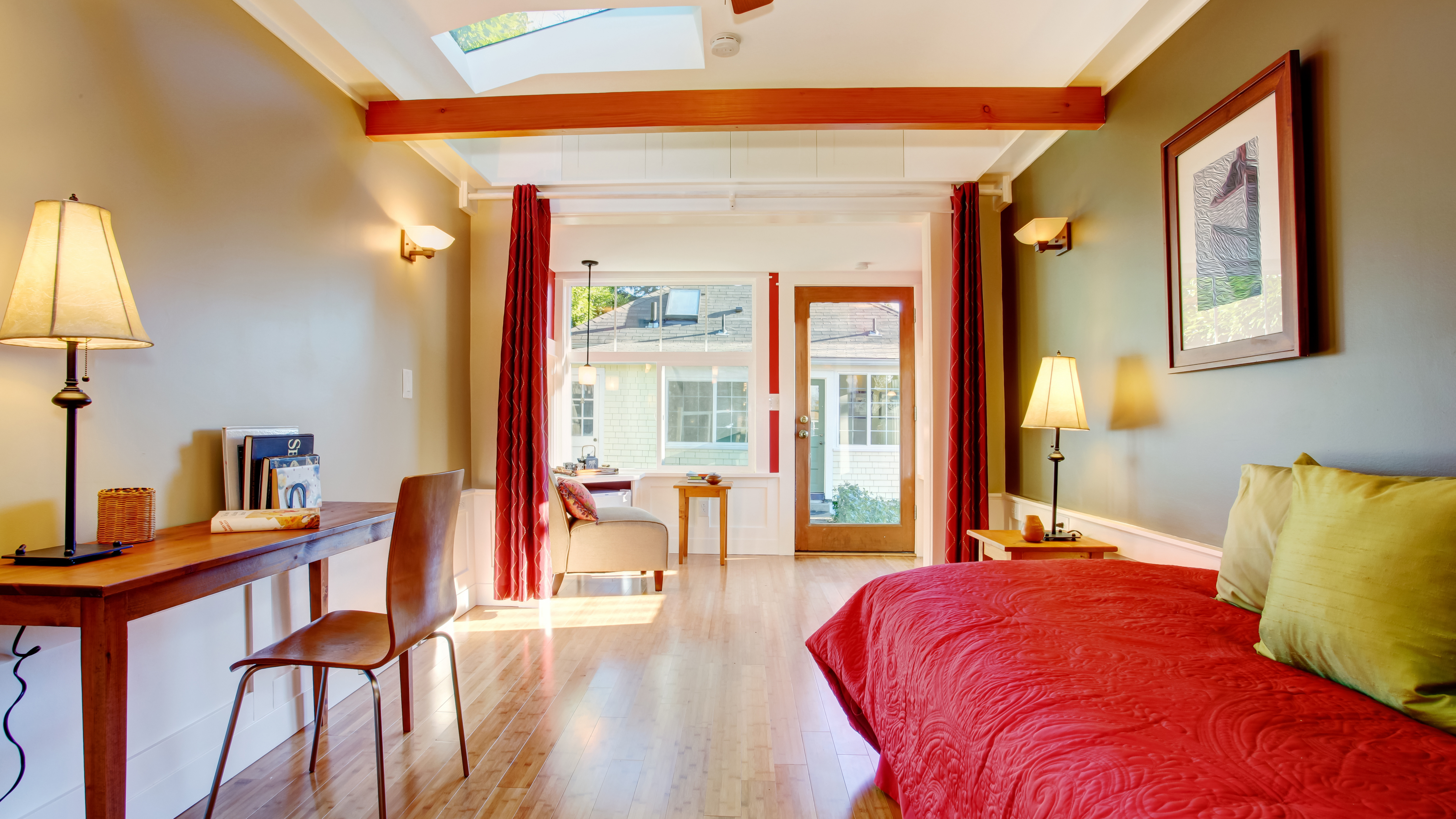Do you have a family vacation home or a second home? Just as you need homeowners insurance for your main home, you also need coverage for your vacation home – but the details might be a little different. Here are six tips for insuring your vacation home.
- Meet your mortgage requirements.
If you took out a loan to help pay for your vacation home, your mortgage lender will most likely require insurance coverage. Even though you already have a homeowners policy for your primary residence, you may need to purchase a separate policy with sufficient limits for your vacation home.
If you don’t have a mortgage on your vacation home, insuring it is still a smart move. A house is a huge investment, and a vacation home is something that your family can enjoy for generations. The right insurance coverage can help protect it.
- Get a policy designed for a vacation home.
A house is a house, right? Yes, but a vacation home is a little different than a primary home.
One key difference is that home may be vacant for long periods. Vacant properties have different risks than occupied properties, so insurance companies want to know when a property is unoccupied.
Your insurer will also need to know if you are renting your home through a service like Airbnb or VRBO.
Talk to your insurer to make sure your policy is appropriate for your vacation home.
- Check your liability insurance coverage.
A homeowners insurance policy typically provides coverage for both the building structure and the personal contents inside. It also typically provides personal liability protection.
Since you likely already have personal liability coverage under the homeowners policy for your primary residence, you might find that this provides the liability coverage you need for your vacation home, as well. Talk to your insurance agent to make sure you’re not paying for duplicate coverage that you don’t need.
At the same time, you want to make sure you don’t have gaps in your coverage – particularly if you are planning to rent out your vacation home, or if there is a swimming pool or recreational equipment that guests may use.
You might want higher limits, as well, something that can be obtained through an umbrella insurance policy.
- Plan for the costs.
Insuring your vacation home will cost money. How much will depend on many factors, including the amount of coverage you need based on the value of your house, as well as the location and risk level. Many vacation homes are in areas where hurricanes and floods are a serious threat, and this can increase the cost of insurance.
You may be able to lower the premium cost by going with less robust coverage or a higher deductible, but this could mean you don’t have the coverage you need if you experience a claim.
- Consider additional coverage types.
A typical homeowners insurance policy provides coverage for many common perils. However, not all risks will be covered. Some policies work on a named peril basis, meaning that only the perils listed on the policy are covered. Other policies work on all-risk basis, meaning that everything that’s not excluded on the policy is covered. Either way, certain risks will be excluded.
Standard policies exclude flood and earthquake damage. If your vacation property has flood or earthquake risk, you may want to protect it with a separate policy. In Hawaii, hurricane damage is also covered through a separate policy.
- Keep your home maintained and protected.
When your vacation property is empty, it is especially vulnerable to many risks, including water damage, mold, pests, fire and vandalism.
Reduce the chance of an insurance claim by keeping your property well maintained and protected. Have someone visit on the property regularly to check for signs of problems and have someone perform landscaping and maintenance. You may want to install a security system as well as smart home monitors that can detect leaks and other issues.
For more information about insuring your second home, please contact your FICOH agent

